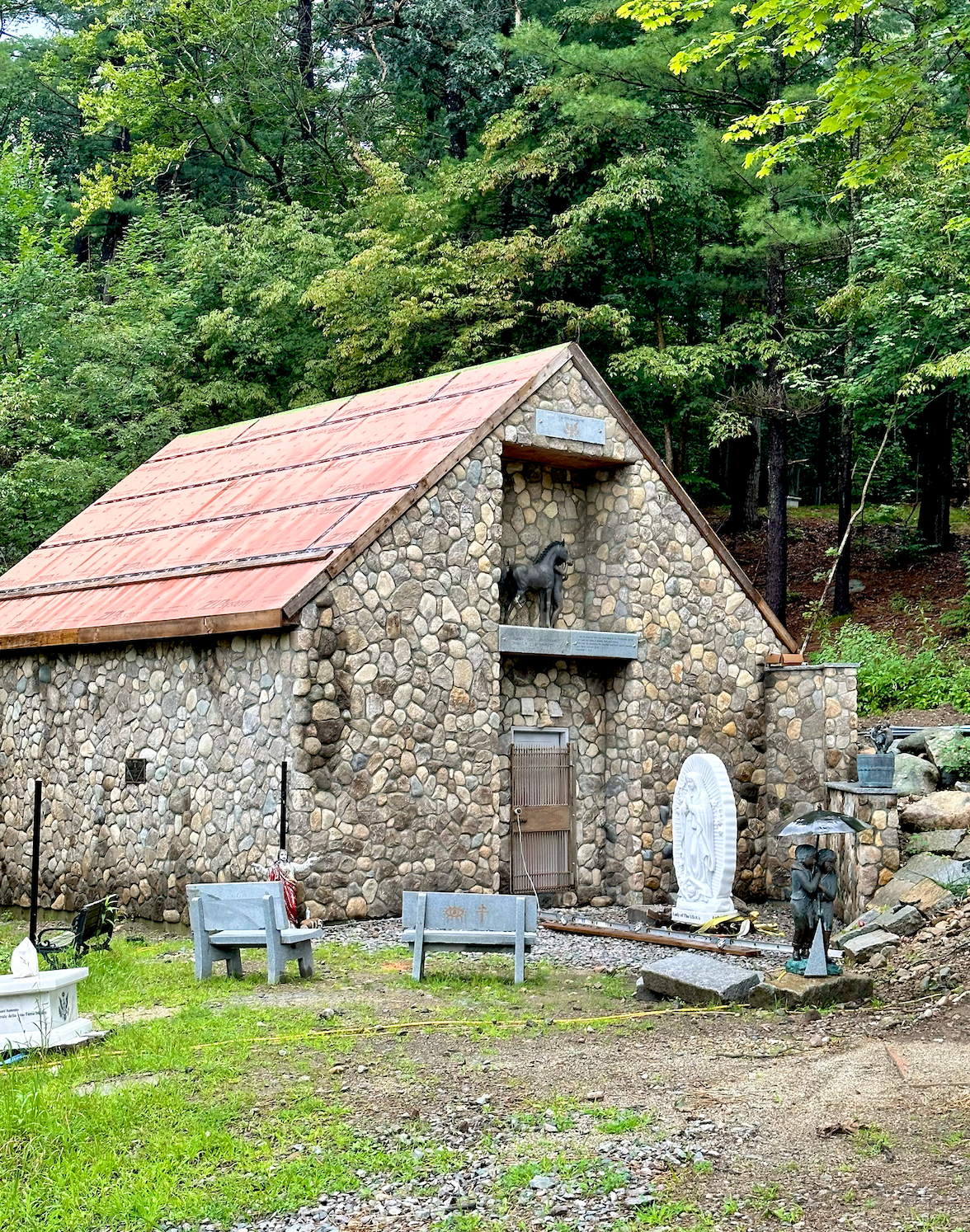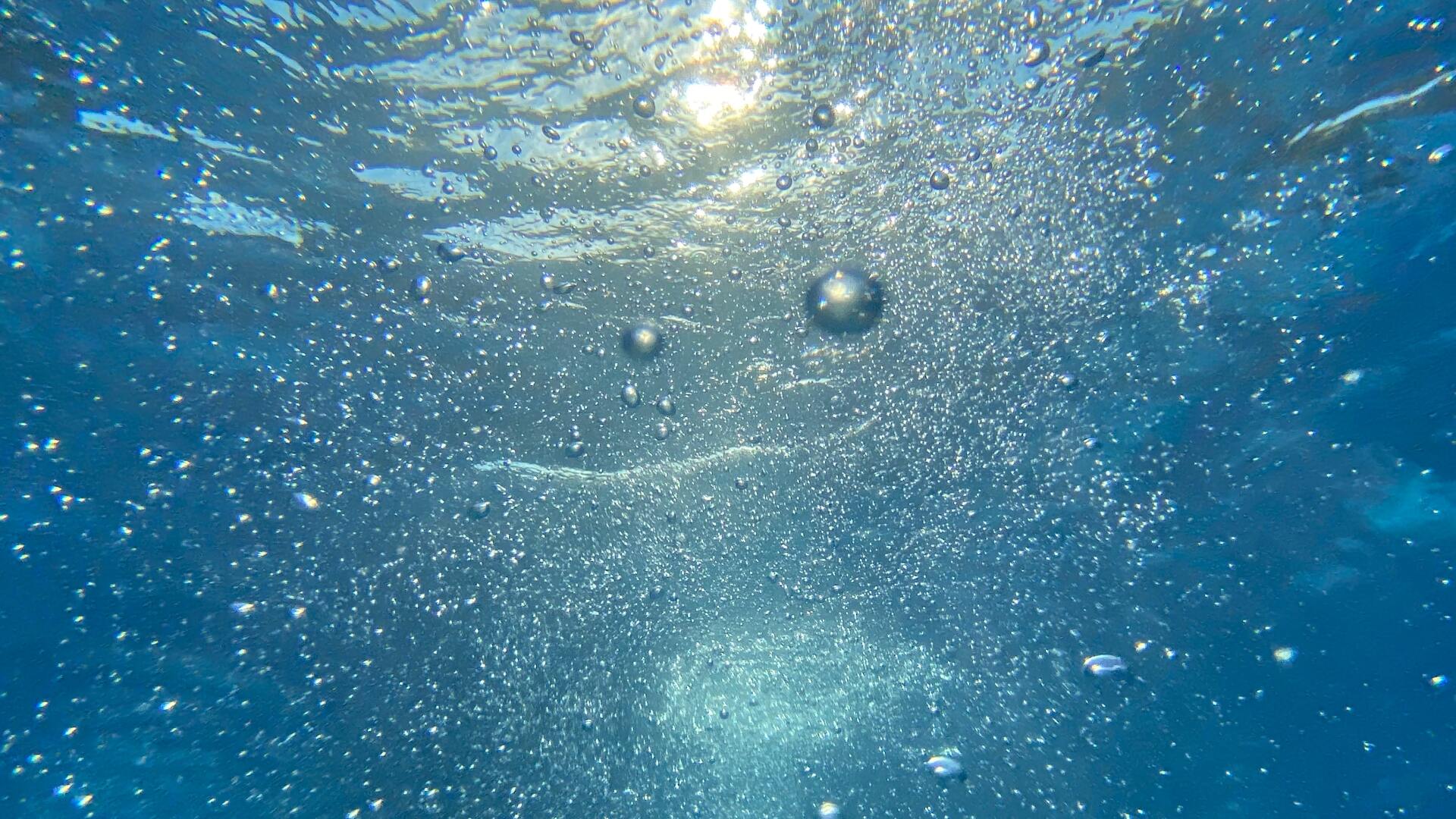Holding Public Officials Accountable For Clean Water
August 21, 2018
f the water crisis in Flint, Michigan taught us one thing, it was that we simply do no know what we are drinking out of the faucet. But when the water has contaminates in it, who should be held responsible and how to they go about cleaning it up?
In Flint, the courts are getting involved and prosecutors are bringing cases against public officials for their role in supplying dirty water to residents. As with many cases of corruption, it is not going to be about the people who contaminated the water, that occurred over a long period of neglect, it is going to be about the person who found out about it and covered it up. In Michigan, public officials are concerned that they could be held accountable by our judicial system for their neglect. It would send a strong message.
According to a report in the USA Today, an outbreak of Legionnaires in disease in Michigan killed 12 people as a result of contamination in the water supply:
Our guess is that you have no idea who is in charge of the water supply that feeds your city water supply, their credentials, the treatment facility protocol, the chemical process they use to treat the water and the condition of the pipes that deliver the water to your tap. It makes you want to go grab a bottled water, but hold on!
Things that we take for granted in life are some of the things that we need to question most. According to American Prospect, a 2015 study by the American Water Works Association found that if federal recommendations on water monitoring were actually followed, as many as 70 percent of water systems relying on lead service lines could be found to be unsafe … In some cases, utilities have failed to keep records of where lead service lines are even located.
Your water supply is important and the more you know about your water, the more you can make decisions about how it interacts with your family’s life. We should all demand more from our officials, first by having them tell us what is in the water that we are drinking, then asking what actions are taking place to improve it.
The way that we hold people accountable in service to the public is to first find out what they are doing. Sadly, that is where many citizens fall short. However, it is easily remedied with a few properly placed questions.
What’s in your water? Check out Environmental Working Group, a non-profit group whose mission is to empower people to live healthier lives in a healthier environment. We have no affiliation with the group but we have found their information very valuable, particularly their blogs on water. EWG has done extensive analysis on water throughout the country and can provide an independent report on water in your area. Check it out.
Get information about your water source …. then come to our spring and be confident that our water is the best you can get.
In Flint, the courts are getting involved and prosecutors are bringing cases against public officials for their role in supplying dirty water to residents. As with many cases of corruption, it is not going to be about the people who contaminated the water, that occurred over a long period of neglect, it is going to be about the person who found out about it and covered it up. In Michigan, public officials are concerned that they could be held accountable by our judicial system for their neglect. It would send a strong message.
According to a report in the USA Today, an outbreak of Legionnaires in disease in Michigan killed 12 people as a result of contamination in the water supply:
"Legionella bacteria can emerge through misting and cooling systems, triggering a severe form of pneumonia, especially in people with weakened immune systems. The state says there were 90 cases reported to Genesee County Health Department in 2014-15, including 12 deaths. More than half of the people had a common thread: They spent time at McLaren Hospital, which was on the Flint water system."
Our guess is that you have no idea who is in charge of the water supply that feeds your city water supply, their credentials, the treatment facility protocol, the chemical process they use to treat the water and the condition of the pipes that deliver the water to your tap. It makes you want to go grab a bottled water, but hold on!
Things that we take for granted in life are some of the things that we need to question most. According to American Prospect, a 2015 study by the American Water Works Association found that if federal recommendations on water monitoring were actually followed, as many as 70 percent of water systems relying on lead service lines could be found to be unsafe … In some cases, utilities have failed to keep records of where lead service lines are even located.
Your water supply is important and the more you know about your water, the more you can make decisions about how it interacts with your family’s life. We should all demand more from our officials, first by having them tell us what is in the water that we are drinking, then asking what actions are taking place to improve it.
The way that we hold people accountable in service to the public is to first find out what they are doing. Sadly, that is where many citizens fall short. However, it is easily remedied with a few properly placed questions.
What’s in your water? Check out Environmental Working Group, a non-profit group whose mission is to empower people to live healthier lives in a healthier environment. We have no affiliation with the group but we have found their information very valuable, particularly their blogs on water. EWG has done extensive analysis on water throughout the country and can provide an independent report on water in your area. Check it out.
Get information about your water source …. then come to our spring and be confident that our water is the best you can get.

We will also have our regular station available for purchasing water, with 100% of the proceeds being donated to Jasmine Grace Outreach to create Bags of Hope with personal care items for local women who are victims of exploitation, abuse, and trafficking. You are welcome to bring winter clothing, shampoo/conditioner, hair brushes, chapstick, soap & baby wipes for donation.

Today we announce the first Grandmother’s Gratitude Day. It has been 400 years in the making. While Thanksgiving is a wonderful time to celebrate with family and friends, Grandmother’s Gratitude Day compels us to honor Mother Earth and the lineage of elders who have taught us how to steward the Earth. Amidst all the chaos of this world, the voices of the elders ring clear and true: “Recognize that you have the gift of life and be a caretaker of that gift.”

Let’s start off by asking “What is in our water at Pocahontas Spring?” The answer is “what Mother Earth put into it with the addition of fine filter to capture debris (don’t want rock parts in your water) and we hit it with a ultraviolet light to kill any bacteria. Ultraviolet (or UV) light is a type of radiation. In simple terms, when any type of bacteria or microbe is directly exposed to certain types of UV light, the DNA (its fundamental building block) of the cell is damaged, preventing it from replicating. If a cell cannot reproduce, then the cell cannot cause infection, which is how UV light kills bacteria. This does not affect the quality of the water (taste, smell, pH, alkaline or mineral makeup), it just kills the bacteria. From there, the water goes out the vending spouts to your containers. But water that goes through metropolitan treatment facilities, often have added chemicals, like chlorine and fluoride. However, people are now concerned about the things that are being added to the water they drink. Chlorination is the process of adding chlorine to drinking water to disinfect it and kill germs. Different processes can be used to achieve safe levels of chlorine in drinking water. While the chlorine could be harmful in high doses, when it is added to water, they all mix in and spread out, resulting in low levels that kill germs but are still safe to drink. The reason for adding chlorine is that the source of water that is being treated is a combination of a feed of water sources (lakes and streams) combined with runners off from sewers and land. This means that treatment plants have a lot of stuff to kill before it gets to your house. It also has to have enough chemicals in it to safely pass through pipes to residences. To us, water like this is good for flushing and bathing, but not so good for drinking … but hey, we’re particular about our water. Then there is fluoride . The addition to fluoride, once hailed as an outstanding healthcare achievement since it was found to curb tooth decay, began being controversial in the 1950s. Today, people have developed a number of theories, many of which have been debunked, as to the dangers of the naturally found compound. There is a big movement by many municipalities to have it removed from their water treatment, believing that it causes autism and a number of other negative health conditions. The fact is, people want less added to their water. When it comes to bottled water that you see in the store, there may be no chlorine or fluoride in the water but there may be something you never thought should be …. PLASTIC . The perception of bottled water being clean and pure is being challenged by a global investigation that found the water tested is often contaminated with tiny particles of plastic. A number of factors are going to determine our fate as a planet, clean water is one of them. We came across this article in Wired that said climate change could impact the production / cost of beer !!! Say it ain’t so! There is also the issue of contaminants being purposely put into water sources that is meant to do no harm. In Minnesota, they are using a chemical in lakes to get rid of the algae that is growing out of control … but some are skeptical as to whether or not it is harmful to those who later drink that water. You decide, but we think when man tries to resolve one problem, he often creates two. We prefer water from the earth, from deep within the earth.
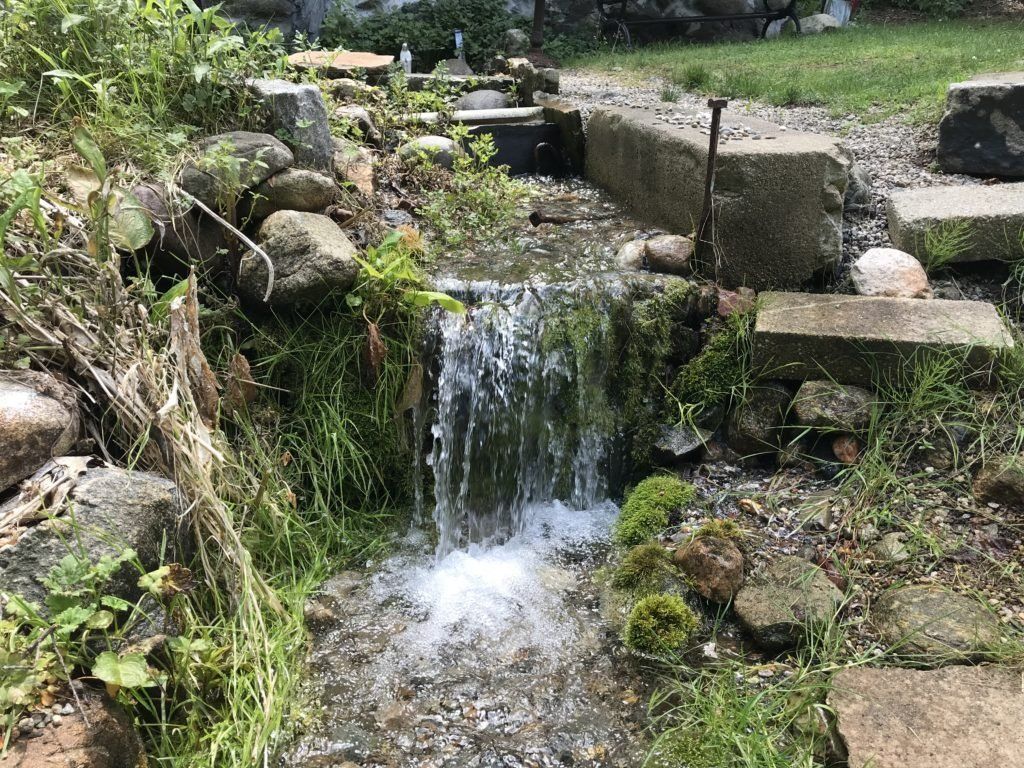
Like other businesses throughout the country, Boston Clear Water continues to monitor the COVID-19 emergency. However, we are doing more than monitoring, we’re going to help. As a public water supply, we want to support our community and are offering our mineral water during this ongoing crisis. While we have vending machines that take quarters, we have a well-marked machine that will dispense water at no charge. If you can pay, please use the vending as you have in the past. If you cannot, then please help yourself. We realize that many in our community will experience a negative economic impact as a result of lost income. We feel that access to our water should not be prohibited because of cost. We remind you to share this precious resource. The earth has given us this water to share with as many people as possible. If you are filling, be courteous and fill the containers you need to fill and allow others a turn who may be waiting. We have seen the chaos at grocery stores and there is no need for that scene at your spring. We honor those by sharing. Boston Clear’s steward of the spring said, “We have a lot of loyal customers and we welcome everyone. I wanted to assure those who are facing an immediate financial crisis that water will be available.” Boston Clear Water also wants to assure its customers that it maintains a high level of quality control. Our water is drawn from a few inches below the grotto in the stone house. It then passes through a small filter and an ultraviolet light before it is dispensed in customer-provided bottles. No human hands or light touch the water until it is dispensed. While we have taken a number of measures to assure safe drinking water, we ask that all of our customers be considerate and conscientious of other people who visit the spring. Please assure that your bottles are clean both inside and out. Use a paper towel or some sanitary wipe to handle the doors to the vending machines. Drink and prosper!!
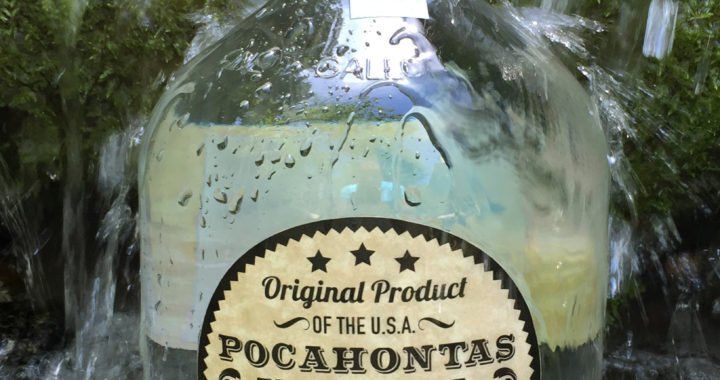
Whenever you visit the spring you will see continuous improvements. These are done with stewardship and protection of this beautiful natural resource. Hand pruning vegetation is necessary to keep thing tidy in the area. We want to make the spring accessible to everyone. Feel free to pick up anything others have left behind and take any refuse with you. We have had a few broken bottles left behind, so we all need to be considerate of the area. This is beneficial to all of us who understand protecting our precious water supplies. We are all stewards of the mineral elements here and we appreciate your help.

If you visit our site or come by our spring, chances are you have an interest in high quality water and the reality that sources like ours are scarce. Boston’s local news show, ABC’s Chronicle , took a look at the challenges facing our water supply in the area. Lynnfield, our own home town, has also faced challenges of supplying clean water to residents. In South Africa, where a lack of water nearly shut down Cape Town last year, they are looking at trying to avoid another future crisis. They actually had a day they named “Day Zero” when water would completely run out in Cape Town but, thanks to generous rainfall and severe restrictions on water use, they have staved off disaster for now. However, they are looking at other solutions, including towing a giant iceberg from Antartica to quench the country’s thirst. Plastics are choking the planet. Canada is going to phase out single use plastics by 2021 in an effort to cut “3 million tons of plastic waste tossed out by the country every year.” Our oceans are a mess with plastics and they are finding micro-particles in most all living creatures who live in our seas. This brings us to solutions to helping our planet. Each of us needs to look at our plastic footprint and cut it down … starting now. No plastic bottles and if you’re going to buy an expensive water bottle then you should be putting the finest water in it. Help our planet for the next generation. By setting an example, we teach others to be mindful of this small, beautiful planet. Our kids are watching and we believe that they will be better stewards of our planet’s resources if we can just show them the way.
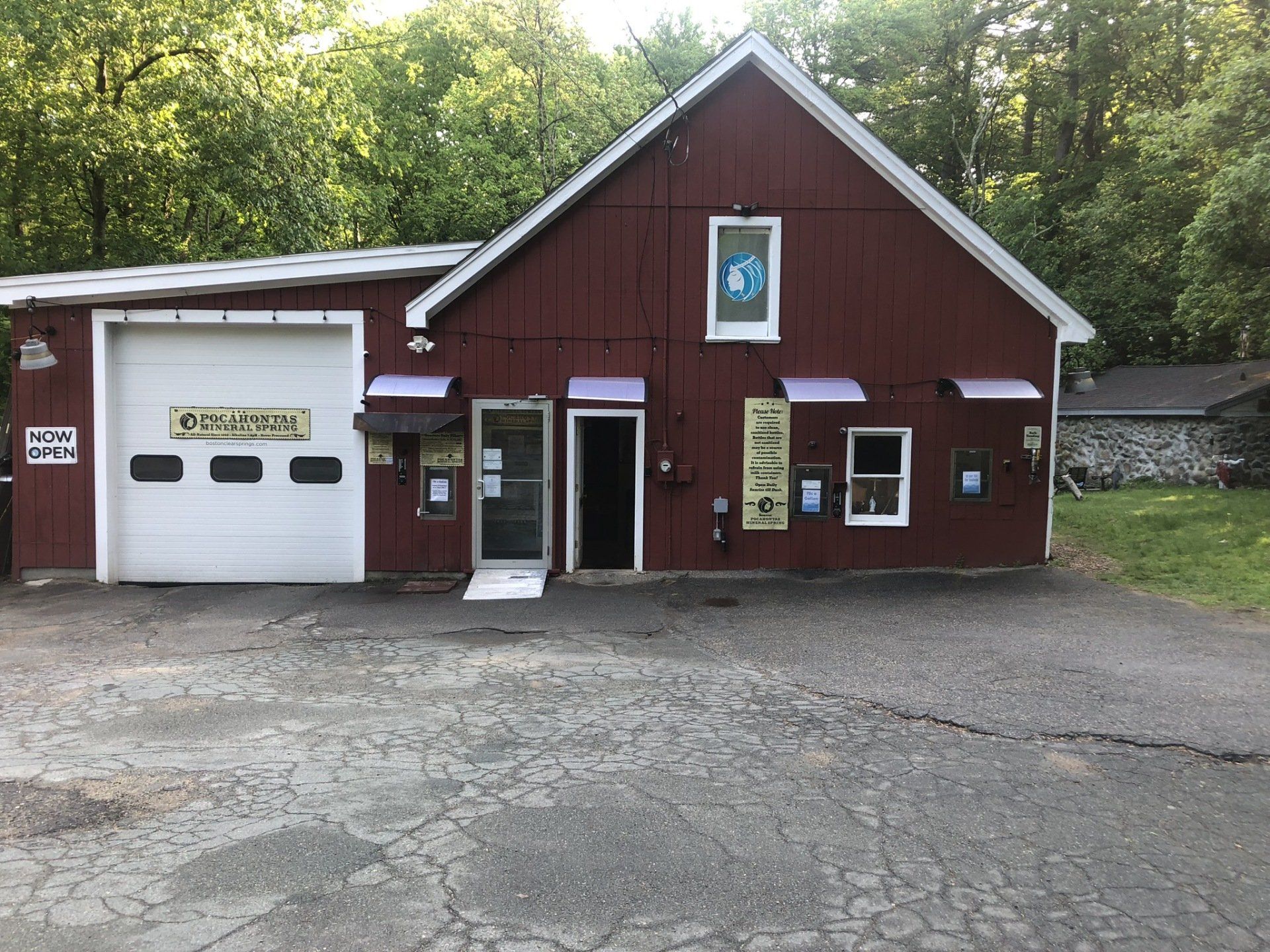
It is summer here in New England and the water is flowing. A few changes and the first one you will note is the pricing of the water to $0.75/gallon. It is our commitment to continue to make this amazing mineral water available to everyone. We have added another water vending position to help ease the lines we have seen when the spring gets crowded. We are also undergoing some repairs in the office area which is not going to affect dispensing of water. Our first priority was preserving and cleaning the area around the spring to preserve it for generations to come. In that process, we experienced unforeseen legal action by those who sought to close the spring. While we respect the legal process, it has been an expensive and revealing process. Having persevered, we want to assure that we both deliver our great water and provide an experience that enriches those who visit us. Consistent with our goals we also depend on you to tell those who you know and love about our water. The mineral water that comes from Pocahontas Spring is special … it tastes special … it makes those who drink it feel special. We continue to offer access to the spring waters that flow from within the stone house out back. We welcome those who meditate, pray and just sit in peace at our spring. To those who believe in the healing powers of our waters, we continue to offer a place where you can meditate and focus on your personal goals. Our St. Anthony statue and the spring were recently honored at a dedication in France at the church of St. Pietro, not far from the battlefields of Normandy. It was there that our owner, Anthony Gattineri, is considering ways that there can be future connections between the two places. Please tell someone about our spring, its mineral water and the people who visit it, all of which make this place so special. Follow us on Facebook and look for updates here!


